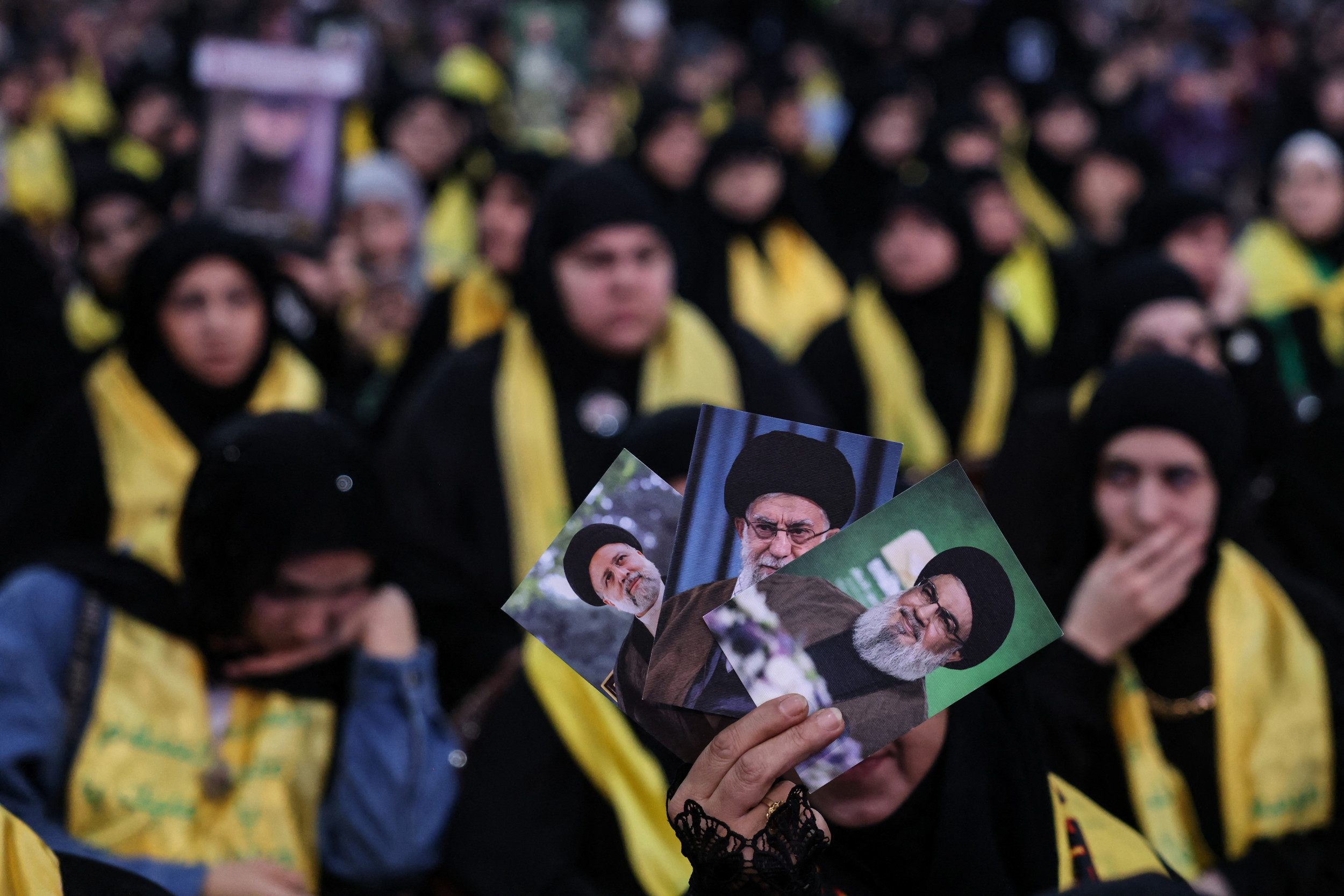On Saturday, Ayatollah Ali Khamenei, the supreme leader of Iran, issued a stern warning to Israel, hinting at “even more crushing” repercussions following the confirmation of the death of Hezbollah leader Hassan Nasrallah in an Israeli airstrike in Beirut.
Nasrallah, who had led Hezbollah for over 30 years, was killed during the attack that targeted southern Beirut. His leadership saw multiple confrontations with Israel, most recently escalating after Hamas’s assault on October 7, 2023, where he coordinated rocket fire against Israeli operations in Gaza.
The U.S. has classified Hezbollah as a terrorist organization since 1997. Its military strength reportedly surpasses that of the Lebanese army, and the group maintains a significant political presence, providing various social services within Lebanon.
Iran has historically supported both Hezbollah and Hamas and lacks formal relations with Israel, often referring to the country obliquely as the “Zionist regime.”
Reports also indicated that Abbas Nilforoushan, deputy commander of Iran’s Revolutionary Guards Corps, was killed in the same Israeli airstrikes. Following these developments, Khamenei made several posts on his English X account, stating that Nasrallah had “achieved martyrdom” and warning that the efforts of the Resistance Front against Israel would intensify.
His message was echoed by Iran’s First Vice President, Mohammad Reza Aref, who stated that this “unjust bloodshed” would lead to Israel’s destruction, as reported by ISNA.
While Iran has previously threatened retaliation for the July killing of Hamas leader Ismail Haniyeh, there has been no military action taken so far.

ANWAR AMRO/AFP via Getty Images
Analysts suggest that Iran feels it is not just up against Israel but also the United States, with potential military conflict posing a risk to the stability of the Iranian regime itself, which Khamenei is keen to protect amid growing domestic unrest.
Amid rising protests in Iran advocating for women’s rights and economic reform, challenges to the government continue to grow stronger.
Khamenei has called on the Islamic community to support both the Lebanese population and Hezbollah, declaring five days of public mourning in Iran. However, some analysts state that calls for Muslim solidarity have little real impact.
In response to Nasrallah’s death, Israeli Prime Minister Benjamin Netanyahu stated, “We settled the score with the one responsible for the murder of countless Israelis and many citizens of other countries,” emphasizing the significance of the operation.
The death of Nasrallah comes amid a wave of intense Israeli strikes on Lebanon, resulting in at least 490 deaths and over 1,600 injuries according to the AP. In the week prior, several airstrikes targeted high-rise buildings in Beirut.
Notably, there have been incidents of airstrikes involving civilian casualties, including children and medical personnel, as Hezbollah members were targeted alongside innocent civilians. Iranian ambassador to Lebanon, Mojtaba Amani, was also reportedly injured.
Experts suggest that the so-called Axis of Resistance, a coalition led by Iran alongside its regional allies, might be more vulnerable than previously advertised, undermining its perceived strength in the ongoing regional conflicts.
